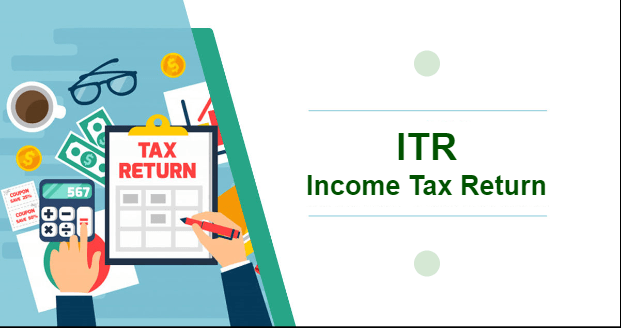ITR: If you are also a working person then you will also have to pay tax. A new tax regime was released in the budget last year. With this new system, everyone can choose between the old way and the new way of paying taxes. So now the big question is what is the difference between the two and which system is better?
These are the rules of Old Tax slab
Under the previous tax system, individuals earning less than Rs 2,50,000 were not required to pay taxes. Those earning between Rs 2,50,001 and Rs 5,00,000 could also claim exemptions, with income above Rs 5,00,000 being taxed. Tax rates ranged from 5% to 30% depending on the level of income, and those earning more than Rs 5,00,000 could get a rebate of Rs 12,500 or the actual tax amount, whichever was lower. The tax exemption limit was higher for senior citizens aged 60 years and above, while the limit was the highest for those aged 80 years and above.
This is called the New Tax system
Under the new tax system, if you earn up to Rs 3 lakh, you will not have to pay any tax. Those earning between Rs 3 lakh and Rs 6 lakh will be taxed at 5%. If you earn between Rs 6 lakh and Rs 9 lakh, the tax rate is 10%. Those earning between Rs 9 lakh and Rs 12 lakh are taxed at 15%, and if you earn less than Rs 7,00,000, you can get a rebate of up to Rs 25,000. And even if you earn more than this, you may still be eligible for some additional relief.
What is the difference between the two?
There are some very big differences between the old and new income tax systems, especially when it comes to exemptions and deductions. The old system allows you to make deductions through sections such as 80C, 80D and 80TTA, but the new system does not have those. For the 2024-2025 financial year, the standard deduction for both systems is still Rs 50,000. The new system now includes a deduction for employer contributions to an NPS account under section 80CCD (2).
